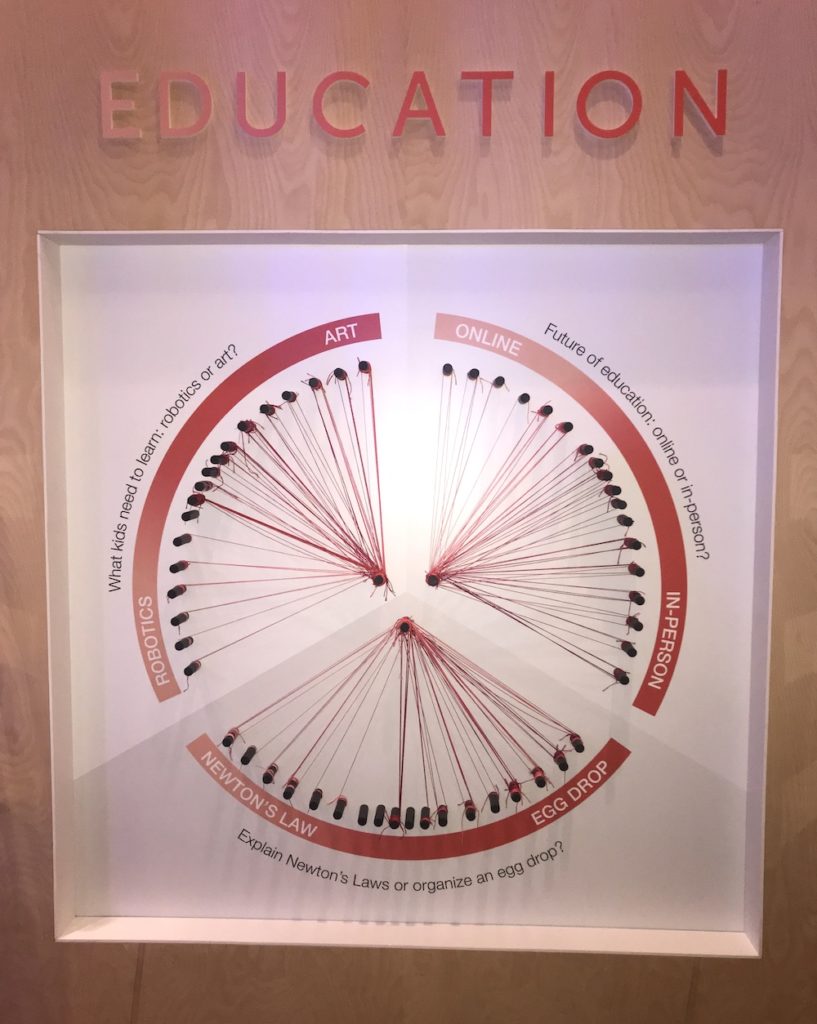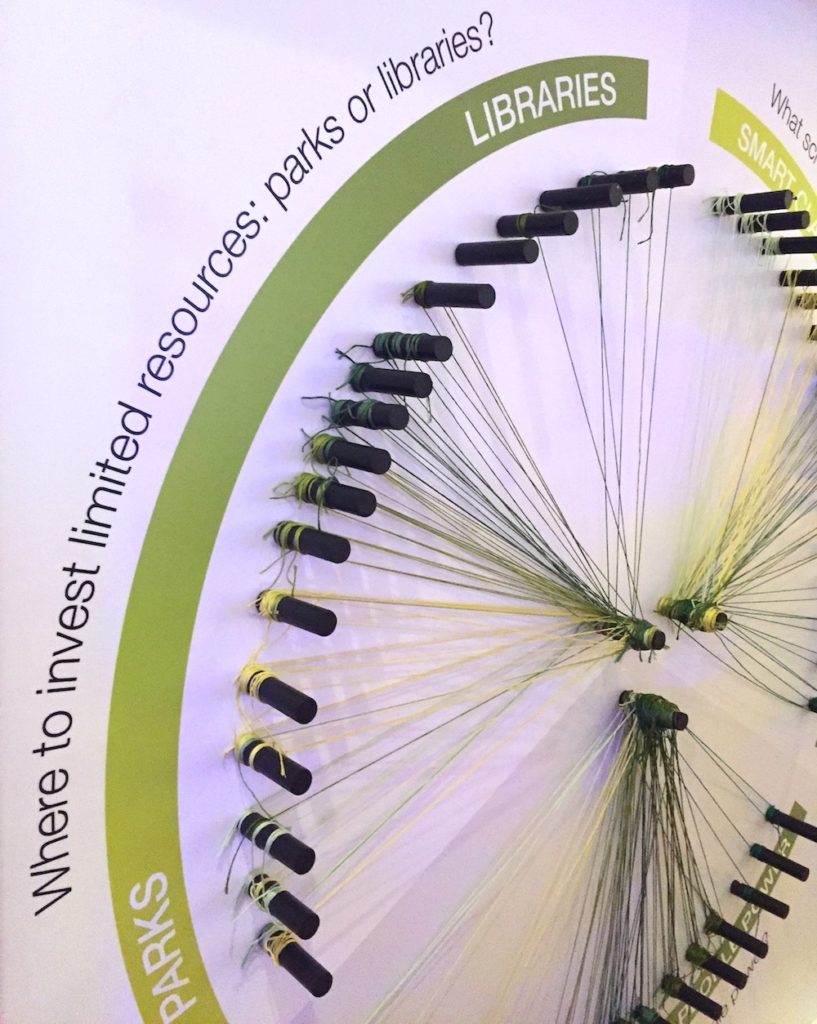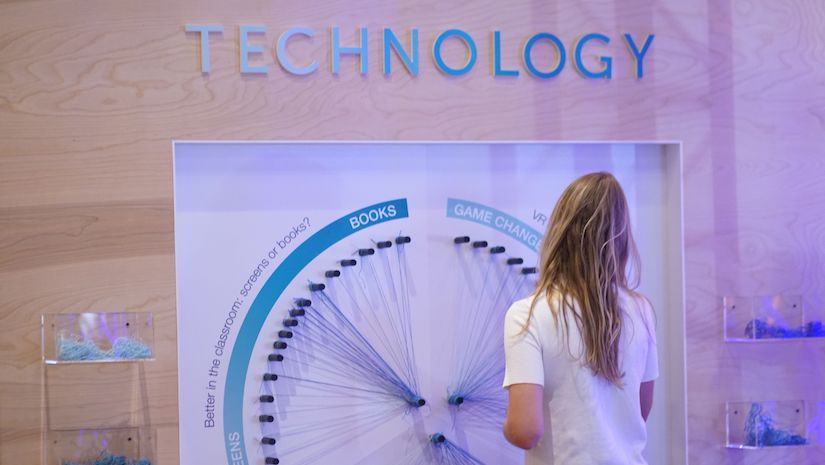TEDMED — the independent health and medicine edition of the world-famous TED conference — is a master class in conversation design. The world’s most inspiring health thinkers and doers take to the stage, sharing compelling stories about innovation to create a healthier world. And when the most interesting people in an industry are gathered in one place, the discussions off the stage are just as captivating.
This year, we partnered with TEDMED to advance the Robert Wood Johnson Foundation’s conversation on the connection between society, wellness, and the next generation. On stage, Dr. Richard Besser curated the “Raising Health” session, offering unique insights about the role of health and medicine in society, specifically concerning children. Speakers addressed a wide range of topics — from the paradoxically combined burdens of obesity and food insecurity to racial literacy in schools and neighborhoods, and how community resources like public libraries are evolving to meet the opioid crisis.
These topics can evoke strong opinions, and we wanted to capture and synthesize the community’s viewpoints. Our master plan: to visually map sentiment, demonstrating where TEDMED delegates agreed and diverged in their responses to specific questions. To do this, we asked the TEDMED community to consider their attitudes toward 18 health-related topics ranging from equity issues to school policies to civic investment — first on Twitter, and then at the conference.
Better in the classroom: screens or books? We’re thinking through what children need to unlock limitless potential. #HealthyChildren #TEDMED
— TEDMED (@TEDMED) October 31, 2017
Mental health meds for kids under 12: yes or no? Tell us where you land on the spectrum and reply with why. #HealthyChildren #TEDMED @RWJF
— TEDMED (@TEDMED) October 22, 2017
The community was able to see the data visualization evolve as delegates weighed in.


As it turns out, most issues had a very broad range of responses — exposing multiple ways to approach solutions. We identified a few patterns:
- Depth of expertise correlates with willingness to express strong opinions. Given the community’s deep medical and scientific roots, it’s no surprise delegates took firmer stances on those topics. The question of “Nutrition policy: personal choice or science knows best?” skewed toward science, and “Mandated flu shots for kids in school?” saw more affirmative responses.
- The TEDMED community is in favor of: natural spaces, learning through doing (i.e., the maker mindset), smart classroom technology, in-person education, and robotics.
- The jury was out on: VR for learning, how to tackle climate change, celebrating difference vs. common experience, and mental health meds for children.
On many questions, delegates found themselves in the middle of the spectrum, indicating plenty of room for expanding the dialogue on many topics. In a world where we’re under constant pressure to not rock the boat, exercises that give permission to explore strong opinions can be incredibly important. These brief moments of discomfort or tension yield fruitful conversations and meaningful progress.

